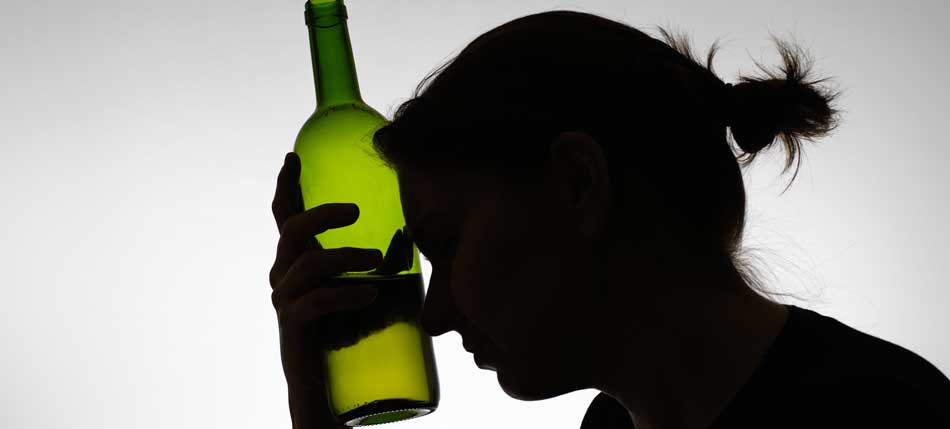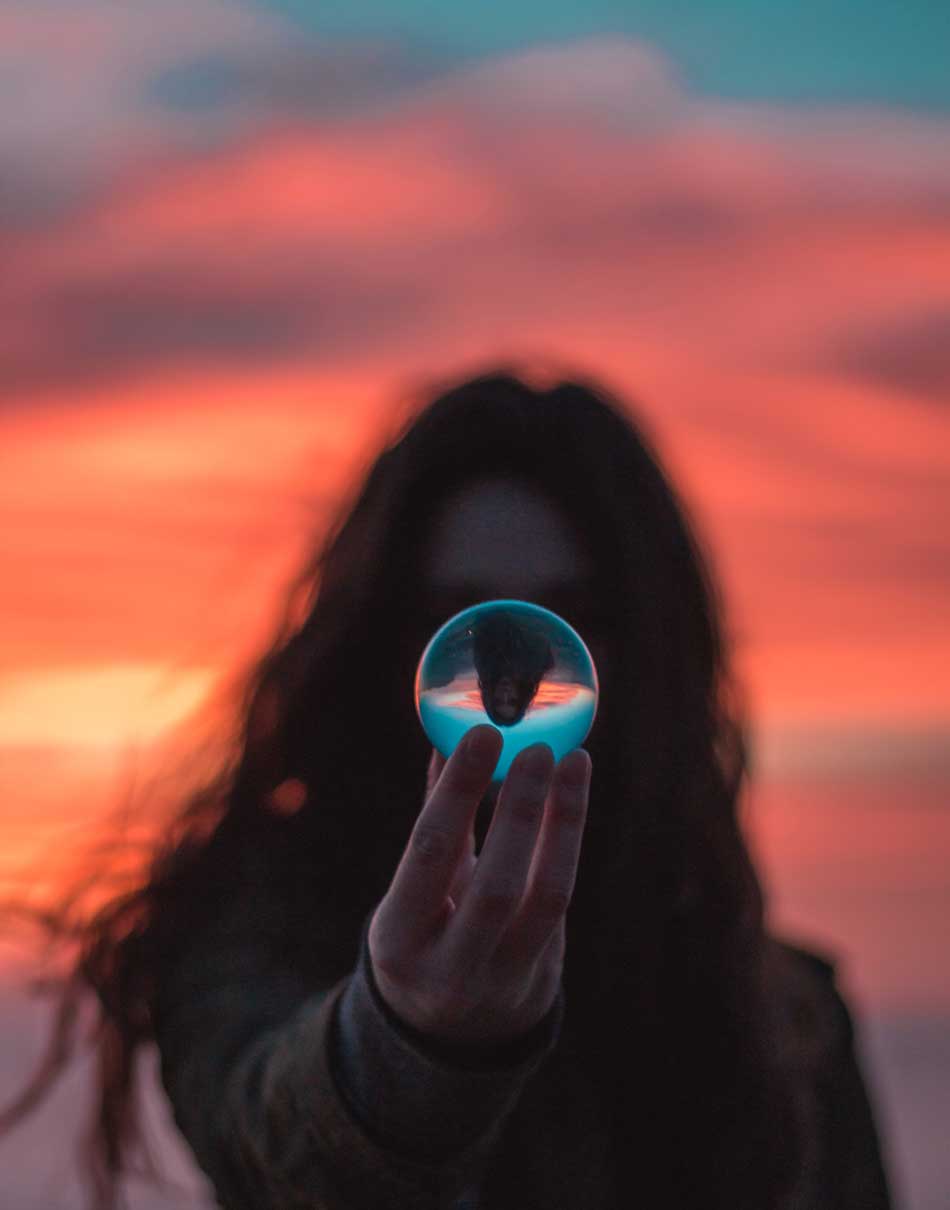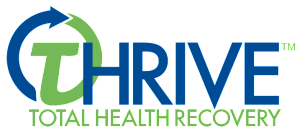“What I Learned about Cravings” by a Gulf Breeze Recovery graduate.
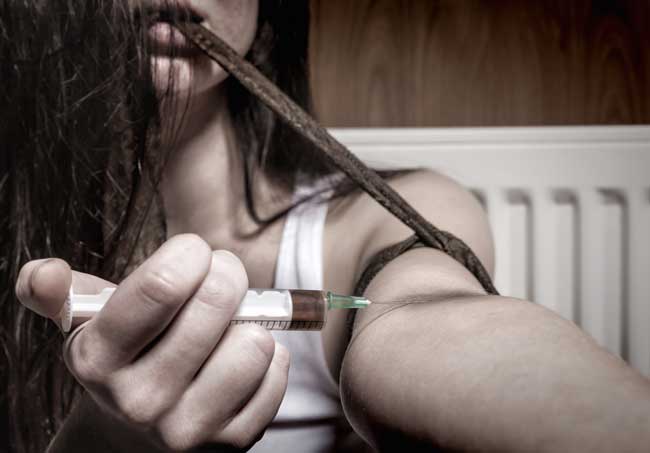
The use of drugs and alcohol stimulates a vast release of neurotransmitters. A neurotransmitter is the chemical substance that creates both an experience and also the memory of it. The brain uses neurotransmitters to accomplish certain tasks and also for learning. When remembering an event, the parts of the brain associated with sight, hearing, touch, smell and taste are re-ignited in a similar fashion to when the original experience was happening. A craving is simply a strong memory tied to using the substance during which the brain is powerfully engaged. At least, that’s my understanding of what the very manageable sounding “scientific” explanation is.
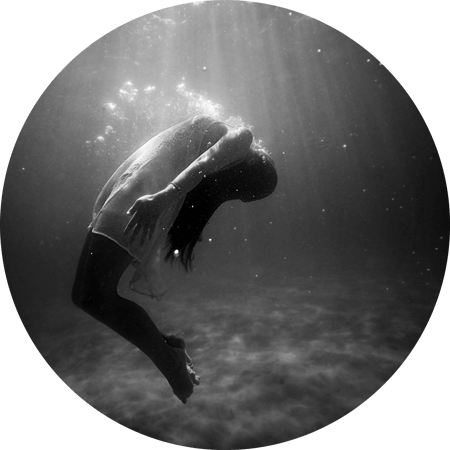
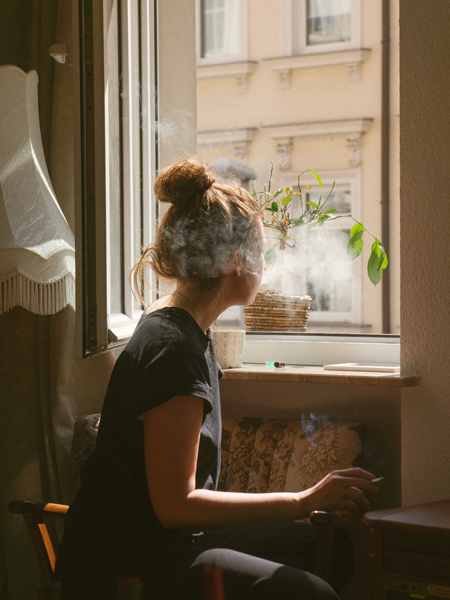
Before coming to Gulf Breeze Recovery, I had tried to get clean more times than I can count. It was always the cravings that pulled me back into addiction. At other addiction treatment centers, I had heard phrases like “fighting cravings” and “avoiding cravings” by “avoiding triggers”. The problem was that just about every aspect of everyday life triggered memories of drugs. Was I going to have to spend every sunny day inside and every rainy day outside? Was I supposed to never have a good day or a bad day? Was it possible to never be lonely and also to never be around too many people? Could I go my whole life without eating a bowl of cereal because the sight of a spoon made my stomach turn somersaults?
The major misunderstanding I had was that my feelings of craving were trying to tell me something important about the path I was on. In the moment, I honestly felt like they were informing me of my reality: that life without drugs was awful and anxious and terrifying and that the only solution was just one more shot, just one more pill, just one more sip, just one more ANYTHING to stop the feeling. Since I had been told over and over that cravings were something to be avoided and fought, I thought that my inability to avoid or quiet the feeling was an indication of my complete and utter failure. Then, the soft, persuasive voice would whisper sweetly, “What’s the use? Why do you make yourself suffer?”
At Gulf Breeze Recovery, I heard something new that flipped my entire experience on its head.
I heard that there was nothing wrong with a craving—or with any feeling, for that matter.
I learned that my feeling was simply waking me up to the fact that I was thinking in the moment. It was just letting me know that I was experiencing a memory. And when the thought passed, so would the feeling. It was nothing to be alarmed about. I didn’t need to panic, to try to fight the thought or suppress it. All I had to do was acknowledge it for what it was and let it pass.
At the time, I had little to no experience with sitting through a craving, but I did have experience 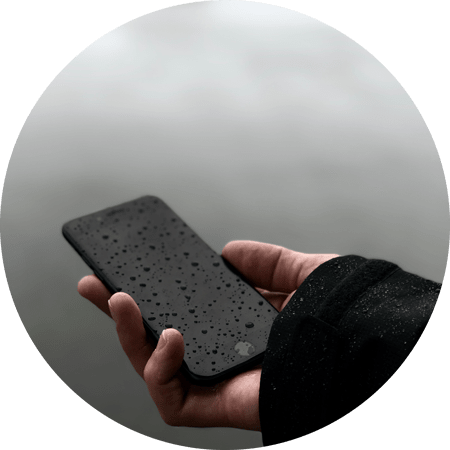
When my ex would call, at first I’d want to pick up the phone and logically explain to him that we were really, really over and tell him all of the reasons that he needed to stop calling me. He’d call back. Then I would pick up the phone and yell at him and call him names. He’d call back. Then I would pick up the phone and plead with him to leave me alone. He’d call back. And throughout it all, I was anxious and jumpy and uncomfortable. Then, finally, I stopped picking up the phone. He would call, and I would become uneasy. That was okay, though, and I kept not picking up the phone. With a little time, the calls slowed down. Eventually, they stopped. After a long time, I might receive an errant text or Facebook message, but the experience had completely changed. Instead of being uncomfortable, I’d almost laugh and think, “Well, that’s weird!”
And so it has been with cravings. It’s okay to feel them, just like it was okay for the phone to ring, and it’s okay to feel uneasy. There’s nothing wrong with thinking the thought, but I stopped feeling the need to “pick up the phone”. I no longer had to fight with my cravings or reason with them. I could just continue not picking up the phone. Eventually, not picking up the phone and arguing or pleading with my thoughts and feelings worked the same way it had with my ex. The craving stopped calling. Every now and then, rarely and unexpectedly, a using thought will cross my mind. I almost laugh and think to myself, “Well, that’s weird!” And I keep not picking up the phone.
That was the beauty of what I learned at Gulf Breeze Recovery. No matter what the feeling is, I don’t have to fight it or argue with it. I can accept it for what it is, a function of my thinking in the moment. I’ve seen over the last few years that my thinking always changes. I always return back to my health. I was so busy fighting and avoiding cravings that I never let myself get to the other side. On the other side of cravings and uncomfortable feelings is where I finally found the health, hope and resilience I had been hopelessly seeking in drugs for all those years. It’s the space where I recovered.
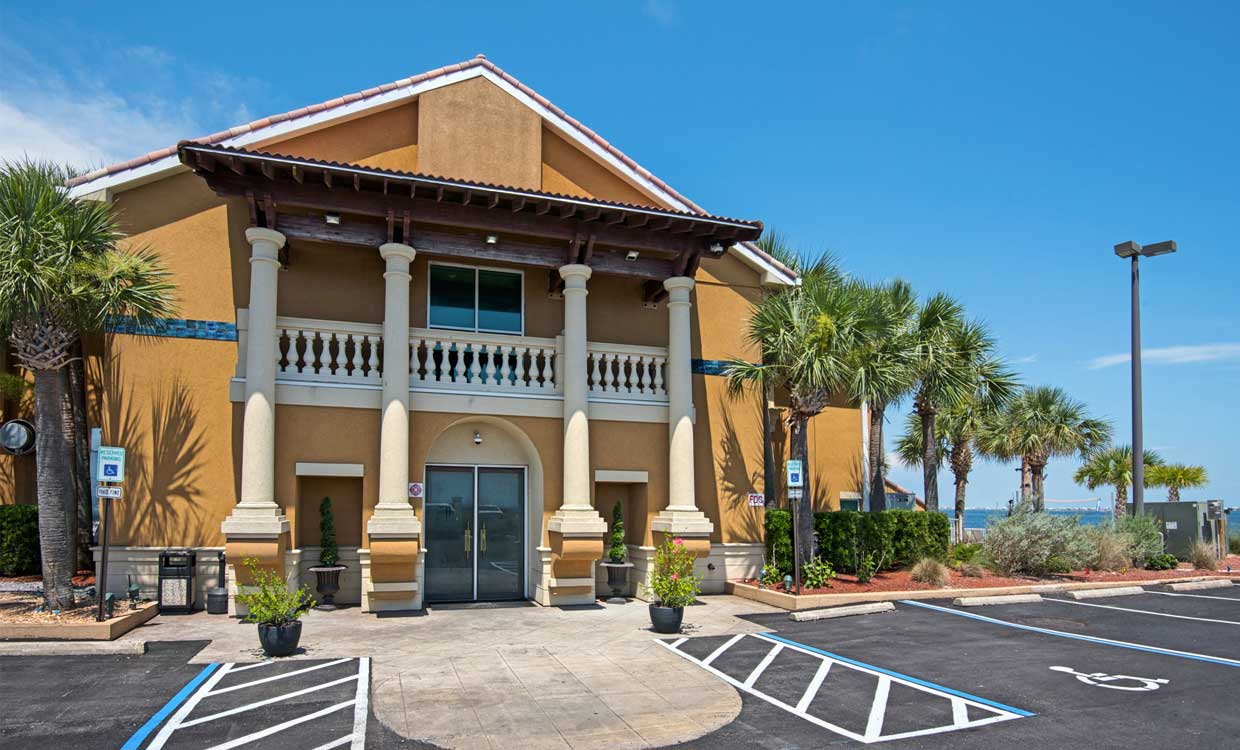
Want to read more about Gulf Breeze Recovery’s non 12 step, holistic drug and alcohol rehab? Check out some of our latest posts:
Researchers Identify Role of Key Brain Signaling Protein in Alcohol Use Disorder
January 29, 2021
College Students Who Returned Home Due to Pandemic Drinking Less
January 29, 2021
Overdose Deaths Soar in the Midst of a Pandemic
January 27, 2021
Alcoholism Today in Seniors and Younger Generations
January 20, 2021
End Chronic Relapse and Start a New Life!
At Gulf Breeze Recovery we don’t want you to have just a great recovery, we want you to have a great life!

